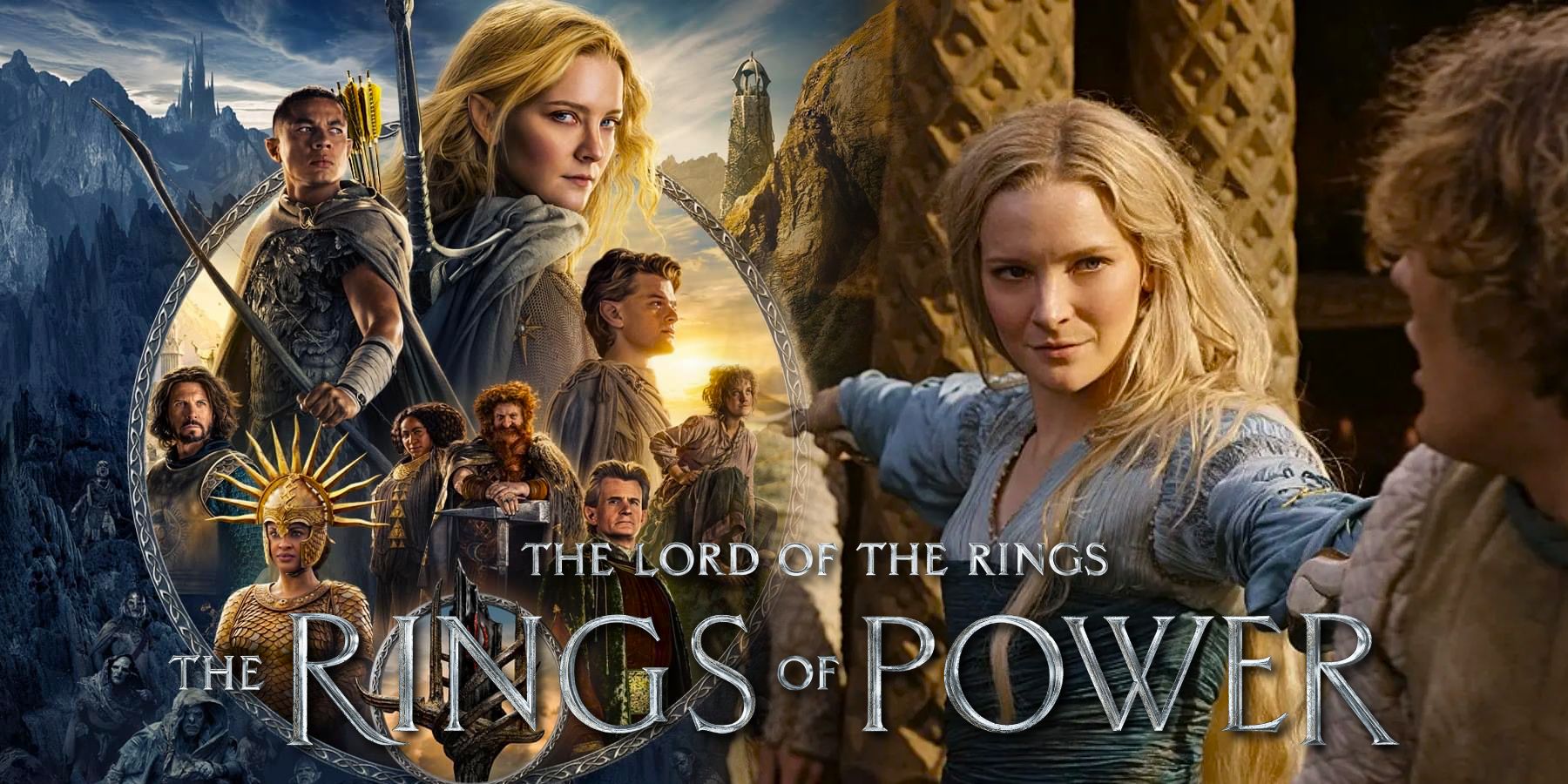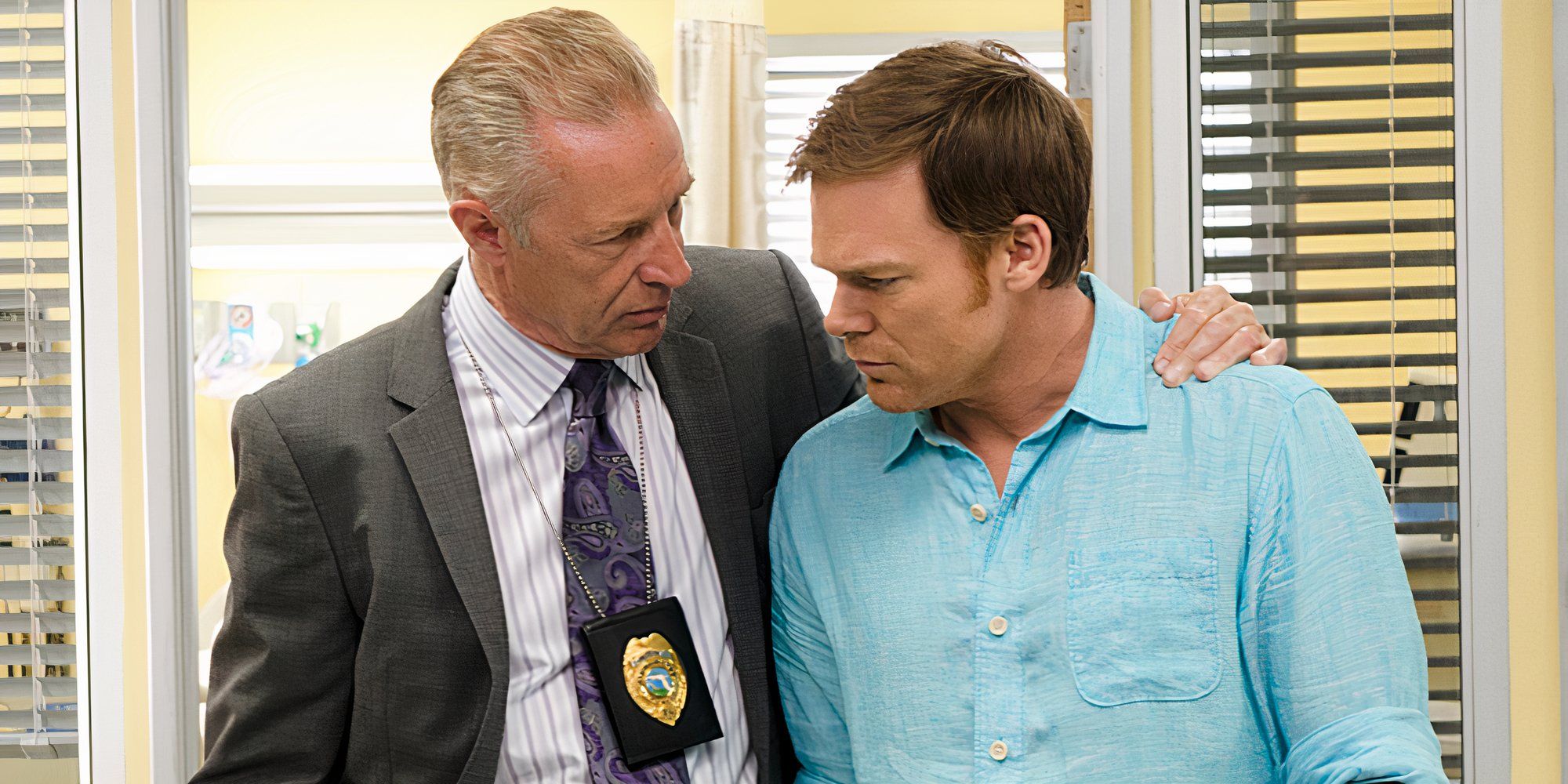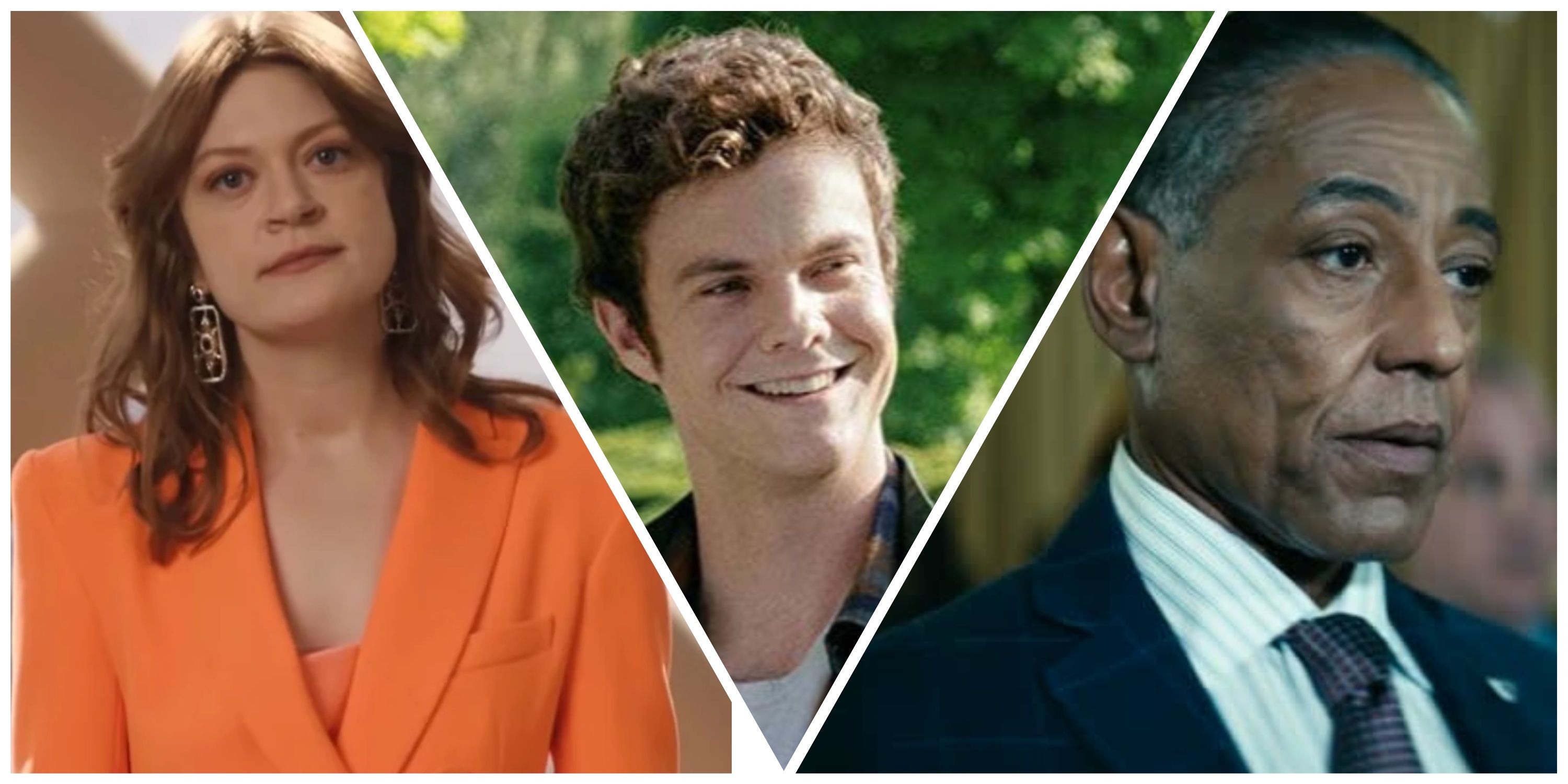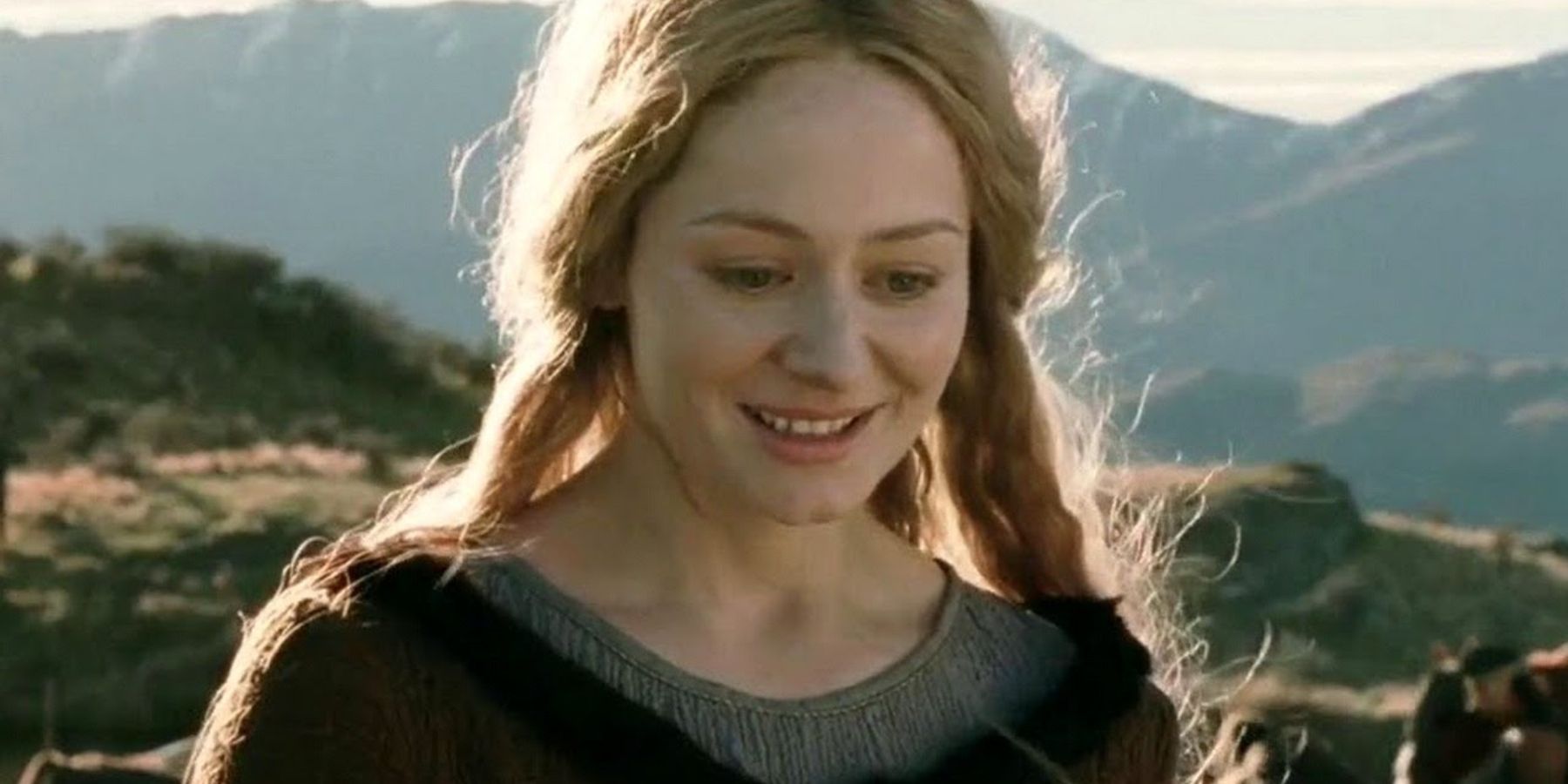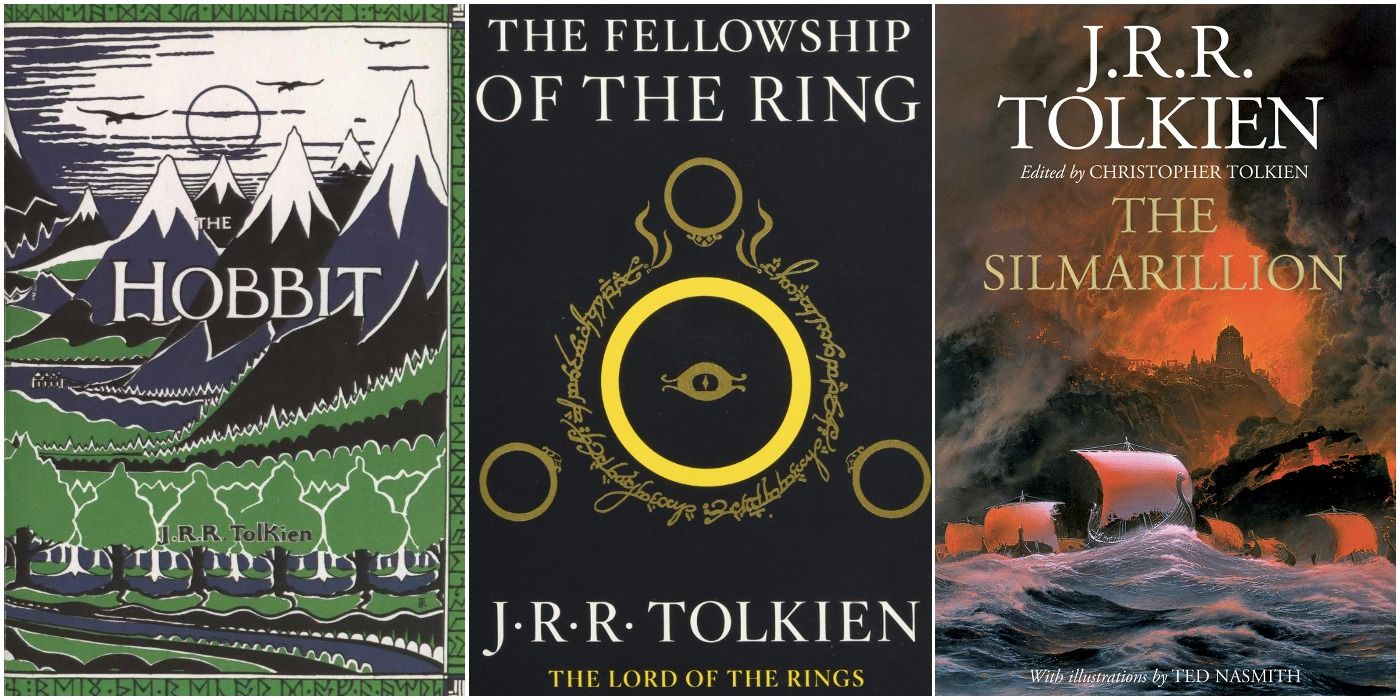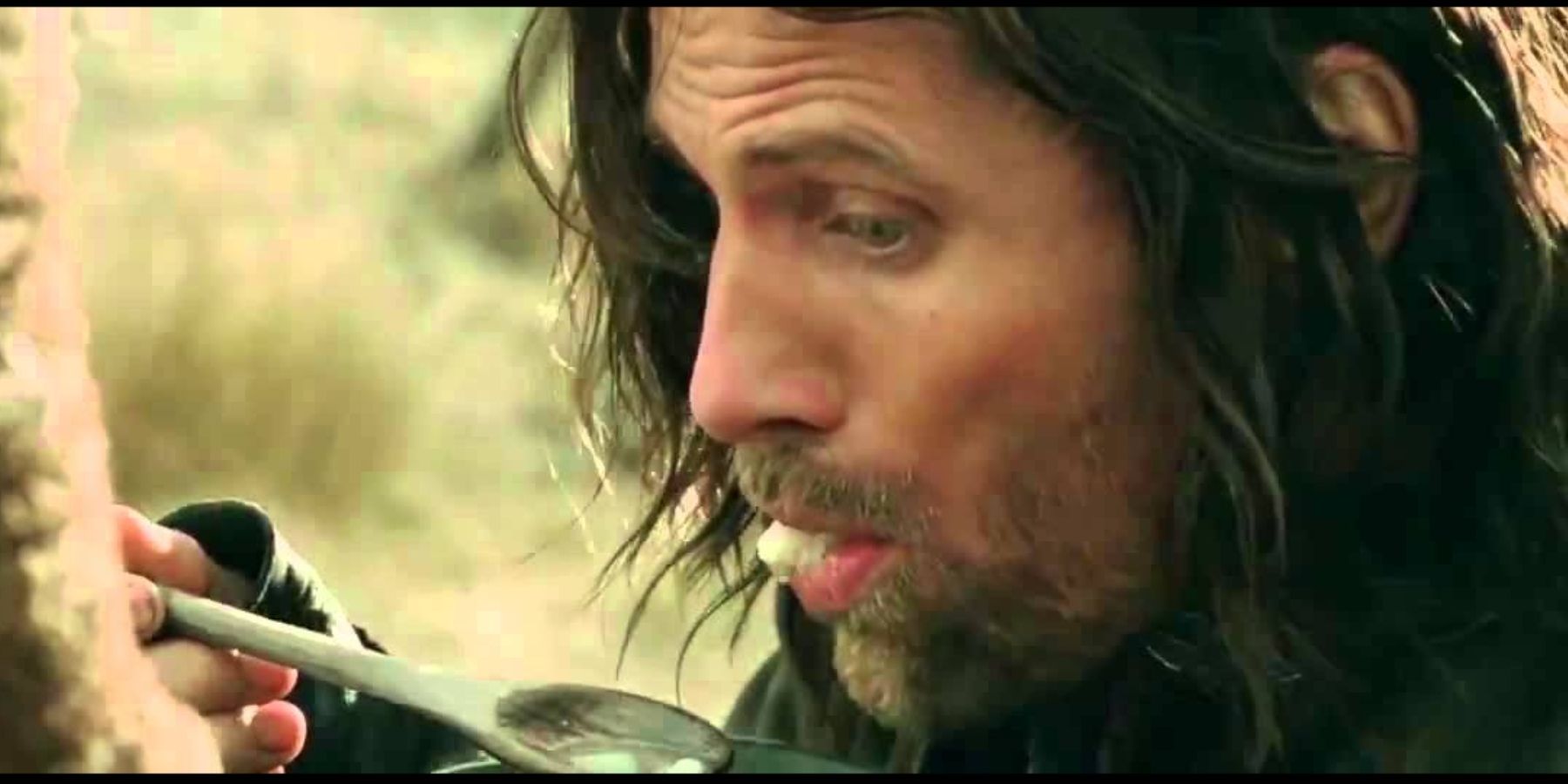There is an unusual dichotomy present within the female characters in the Lord of the Rings and The Hobbit movies, from Tauriel being an amazingly strong and skilled warrior reduced to the love interest of a complicated triangle, and Arwen being a fierce rider rescuing Frodo from the clutches of the nine Ringwraiths on the borders of Rivendell, who later just seems to fade and accept death like a wilting flower.
Eowyn, the famed shield maiden of Rohan, is no exception to this rule. In lots of scenes, she is a sword-wielding, straight-talking, feminist icon, who points out that women can be just as essential as men in the War of the Ring, and have just as much cause to want to protect those they love. In the ultimate power move, Eowyn even beheads a Fell Beast, something that ‘no man’ has ever achieved, and battles against the Witch King of Angmar, defeating him in battle when even Gandalf the Gray could not. However, there are also several scenes in which Eowyn demonstrates a complete opposite character.
It is true that in the books, Eowyn has this struggle between her admiration of the mighty and valiant lords in battle, and her own desperation not to be trapped underground with the women and children, only to wait to die a horrible death (or worse) later on. This leads her to fall in love with Aragorn, a very noble and worthy man for the princess of Rohan, but alas, he is betrothed to another, the she-elf Arwen Evenstar.
Unfortunately, neither Eowny nor Arwen’s love of this central figure is empowering for them, it tarnishes both of their characters in different ways, and for Eowyn this comes in the form of following him around and seeking his approval, and then almost giving up and dying in the houses of healing from heartbreak when she doesn't get it. This is an age-old story of the beautiful, young and innocent girl, who falls for the older man with a darker past, and it comes as a surprise to fans that these same tropes are still cropping up in modern day, despite being popular decades ago, when the Lord of the Rings was first written.
There is one scene in particular, an addition on behalf of director Peter Jackson that fans particularly hate. On the way to Helm’s Deep, after a long journey of hard traveling, Eowyn approaches Aragorn with a bowl of soup that she has proudly prepared herself, especially for him. It is unclear what is in the soup, it looks like a lump of undercooked meat or rotten fish in a watery broth of milky-colored liquid, but whatever the ingredients were, it is clear by the look on Aragorn's face that it is absolutely disgusting.
In this moment, it not only shows Eowyn in an infantalized, girlishly infatuated light, completely unbefitting of her fantastic moral character and her social standing, but it also portrays her as completely inept and inadequate. It also plays into all of the damaging stereotypes of women as caregivers, who are supposed to be good at cooking and cleaning and taking care of the men, and the fact that she is unable to do this just adds to this terrible portrayal of naivety and unexceptional unoriginality.
This is a scene that doesn’t take place in the books, and is another unfortunate addition among many, that detracts from characters that otherwise could have been strong and powerful role models. After being very clearly scorned by Aragorn, Eowyn is determined to die in the Battle of Pelenor fields, and when she fails to achieve even this, she seems broken and weary of the world, rejected and denied the chance of even a valiant and noble death. She, like Arwen, seems prepared to simply wallow to her grave, and is only then brought out of her melancholic stupor when she meets Faramir, and the two eventually fall in love.
The pairing is actually a very good match, with both characters being underestimated by their loved ones, (Eowyn by her brother Eomer, who doesn’t believe she is capable of battle, and Faramir by his mad father Denethor who always favored the firstborn son). It creates a strong bond between the two mighty kingdoms of Rohan and Gondor too, helping to usher in the Fourth Age of Middle Earth in which peace and prosperity finally comes after years of hardship and struggle at the hands of Sauron.
Nonetheless, these small scenes in the books, but especially in the movie adaptations, are detrimental to her otherwise well-executed character, even when Faramir mends her broken heart and somehow provides the redemption she needs to become whole again. Lo and behold, another strong female character saved and defined by the men who choose to (or not to) love her.

